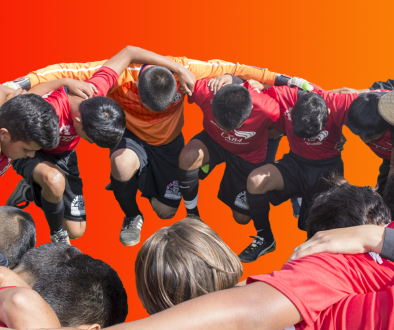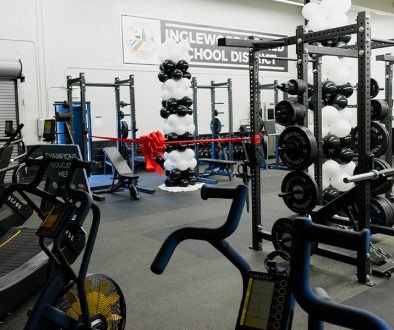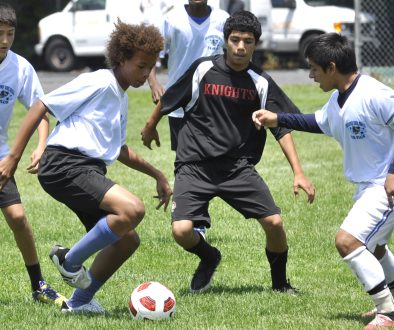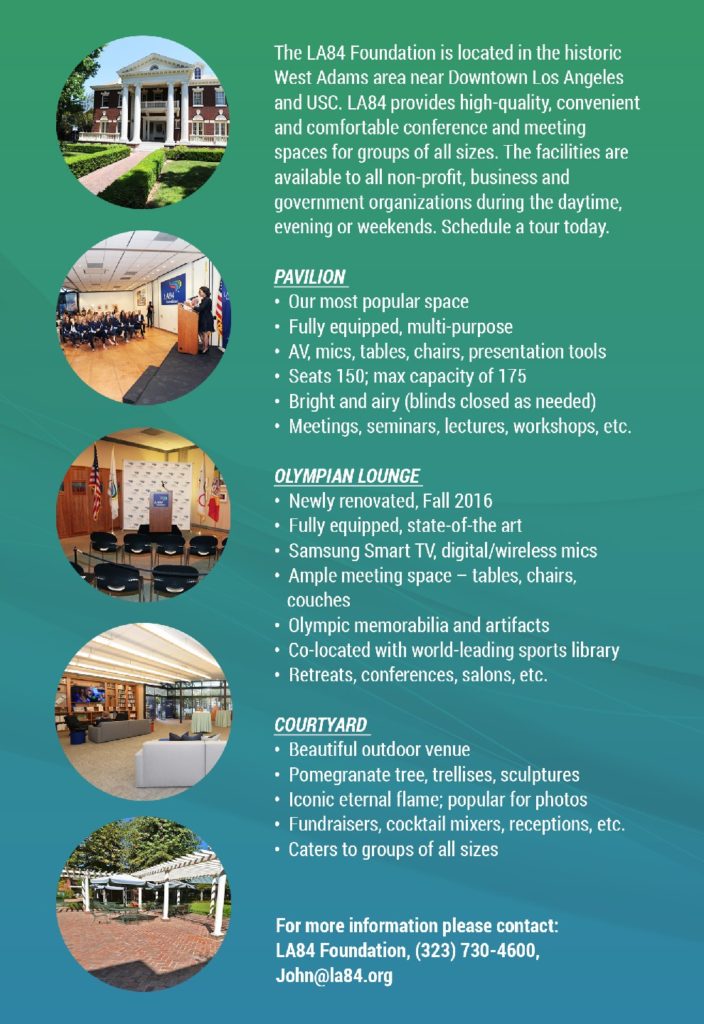LA84 Summit Panel Recap: The Power of Girls Who Play
Getting girls in the game is an issue paramount in a sporting world that does not always treat female athletes in the same manner as it does males. In this panel at the LA84 Summit, four advocates for ensuring girls’ opportunities in youth sports addressed not only where the gender disparity needs to be fixed, but also opened up suggestions and discussed strategies to tackle those issues and work to end inequalities for young female athletes. The conversation is not just about playing in sports, but staying in sports.
Problems & Solutions
- The LA84 youth sports participation survey reveals that girls play sports at a significantly lower rate than boys. This is consistent with national data.
- LA84 funded research by UCLA Center for the Study of Latino Health and Culture on how to increase young Latinas sports participation.
- Based on that research, LA84 funded a successful recruitment program that increased Latina enrollment in seven sports clubs in low-income neighborhoods by 18 percent.
- LA84-funded Beyond the Bell program has shown a 163% increase in girls participation since 2008-09.
The Power of Girls Who Play Panelists
- Marlene Bjornsrud, Director of Strategic Relationships, Alliance of Women Coaches
- Laura Gentile, Vice President, espnW
- Nicole LaVoi, Tucker Center For Research on Girls & Women in Sport, University of Minnesota
- Blanca Gonzalez, Vice President/General Manager West Territory, Nike
Moderator: Lolita Lopez, NBC4 Reporter
Getting Girls in the Game
The primary topic addressed was how to ensure girls not only become more involved in sports, but also to maintain that participation. For LaVoi, data is crucial to track changes since it often points to a variety of reasons for this phenomenon: injury, burn-out, social issues, personal issues.
PANEL RECAP: Voices from the Field: Today’s Athletes
Meanwhile, Bjornsrud spoke on how girls in underserved communities often don’t see enough athletes who look like them. “The Latina athlete is invisible to little girls and Latino families, and therefore most sports-support money goes to boys’ sports,” she said. For her, the mantra of ‘If I can see her, I can be her’ needs to ring true more often. Gonzalez added another angle to the discussion, valuing on how a greater emphasis needs to be placed on educating parents of the power of sports for girls. “Once parents know the value, they will encourage kids to participate,” Gonzalez said.
Visibility at the Top
For Gentile, a big mission is to change the way women’s sports is covered. “The amount of coverage is less important than how women were presented,” she said. “Women athletes are often framed as someone’s wife or partner, or the product of great male coaching. We need to treat women athletes as athletes. They swear; women sweat. Show that. Women athletes used to have to be great and gorgeous, but we are moving away from that, which is important.”
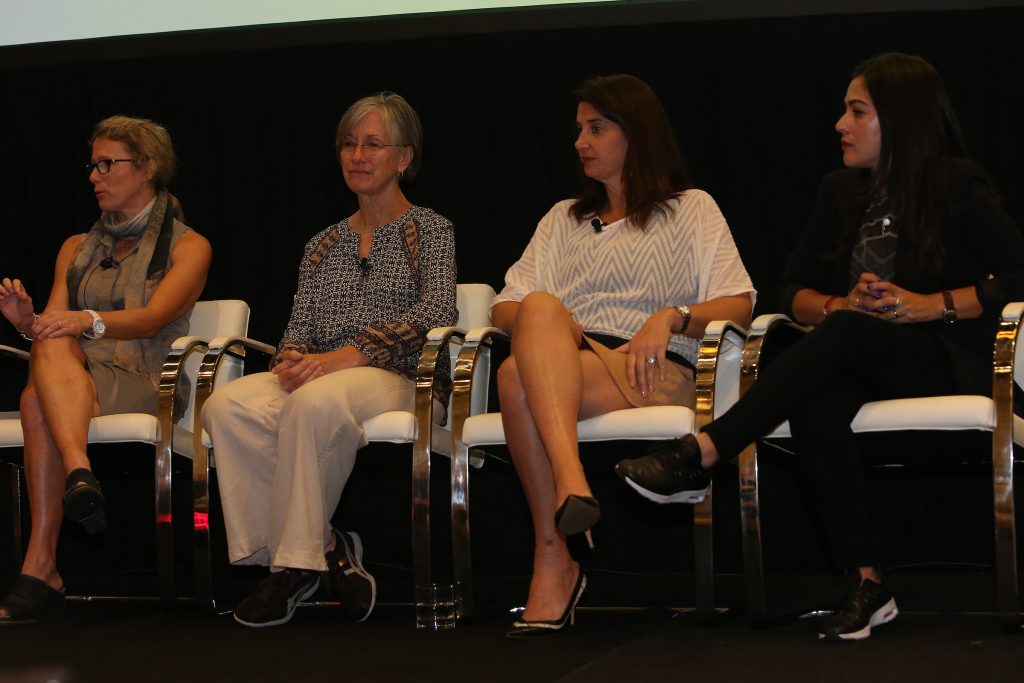
Gentile also observed how social media allows female athletes to create their own brand and tell their own stories. While this also allows for messages of hate, the benefits of social media are progressive towards women athletes gaining deserved recognition.
With that in mind, LaVoi added in that it’s important to note that sports should not be an avenue for jealousy and feeling down when comparing one’s body to a female role model’s:
“It’s more important what your body can do, not just what it looks like.”
Women as Leaders
For Gonzalez, a big part of women rising both in athletics and in the professional field of sports is networking. She found talking with women also in the sports corporate world was invaluable not only from a social standpoint, but also in hearing experiences similar to hers and how to approach them. “There’s power in numbers and sharing learning,” added Gentile.
PANEL RECAP: Playing Smart: Solutions to the Youth Sports Dropout Problem
Additionally, Bjornsrud added that female athletes need to be aware of gender bias in order to push back against it. LaVoi added that male allies also need to step up to advance women in sports, while Lopez noted “how we speak to and about young ladies goes a long way to helping girls get into and stay involved in sports.”
“Every day, take the time to ask a young girl if she’s ever thought about a career in sports,” said LaVoi as a final call to action. “Get them thinking about it.”
See more from the Summit and the latest from LA84 here.
